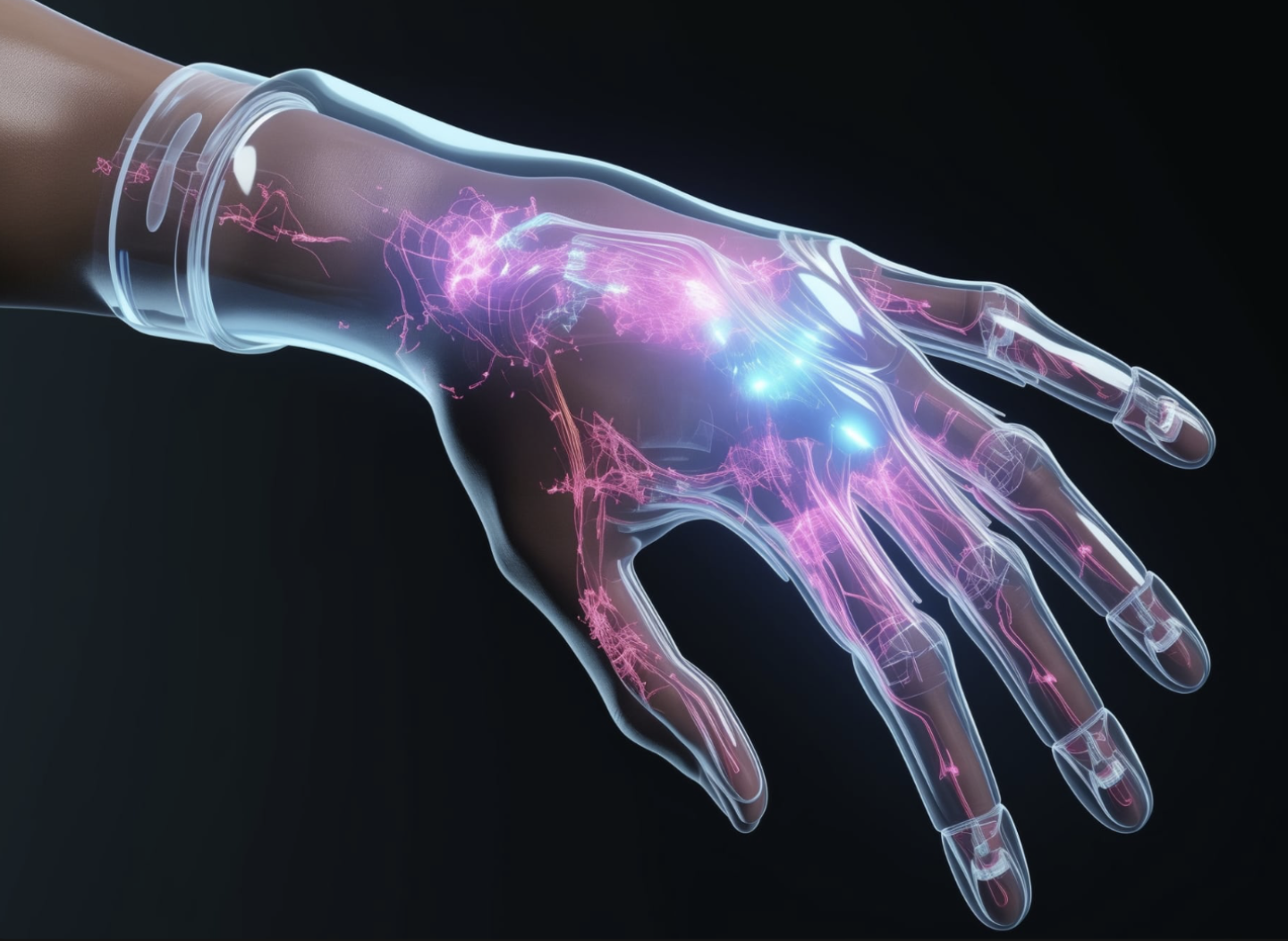In today’s fast-paced digital landscape, organizations are increasingly turning to artificial intelligence (AI) to streamline processes, enhance productivity, and foster innovation. As we venture deeper into the era of AI, several key trends have emerged, notably AI intelligent workflows, AI personal assistants, and content automation with AI. This article delves into these transformative technologies, examining their implications, applications, and the overarching trends shaping industries.
AI intelligent workflows represent a paradigm shift in how organizations structure their operations. Traditional workflows can be cumbersome, manual, and prone to errors, leading to inefficiencies and wasted resources. By integrating AI into these workflows, organizations can create intelligent systems that learn, adapt, and optimize processes over time. These intelligent workflows can analyze data in real-time, anticipate bottlenecks, and suggest solutions, greatly improving operational efficiency.
For instance, a manufacturing company adopting AI intelligent workflows can monitor machinery performance, predict maintenance needs, and adjust production schedules dynamically. This level of automation not only minimizes downtime but also maximizes productivity. AI-driven analytics can enhance decision-making processes by providing managers with insights derived from vast datasets, allowing them to make informed choices that can impact the bottom line.
Parallel to AI intelligent workflows is the development of AI personal assistants. These virtual aides are designed to assist individuals in managing daily tasks, organizing schedules, and optimizing workflows. Leveraging natural language processing and machine learning algorithms, AI personal assistants can retrieve information, set reminders, and even facilitate communication via email or chat.
One notable example is the use of AI personal assistants in customer service. Companies are increasingly deploying chatbots to handle customer inquiries, offering real-time support and reducing the need for human intervention. These AI personal assistants can operate 24/7, enhancing customer experience while freeing up human employees to focus on more complex tasks. Moreover, as these systems learn from interactions over time, their ability to understand and respond to customer needs continues to improve, further bolstering their effectiveness.
Content automation with AI has emerged as another critical trend, particularly for businesses that rely heavily on content marketing and media production. AI-driven tools can automate various aspects of content creation, from generating articles and reports to curating and distributing social media posts. This level of automation allows companies to maintain a consistent content flow while reducing labor costs associated with manual content production.
For example, news organizations are now using AI algorithms to draft articles based on data inputs, such as statistics from sporting events or financial reports. These algorithms can create succinct summaries, pulling relevant data points and generating narratives in real-time. This not only accelerates the news generation process but also helps journalists focus on in-depth reporting and analysis, enhancing overall content quality.
In the realm of marketing, AI content automation tools can analyze consumer behavior, preferences, and trends, generating personalized content that resonates with target audiences. This capability enables organizations to deliver tailored marketing campaigns, optimizing engagement and conversion rates. The enhanced ability to create bespoke experiences through content automation is changing the landscape of digital marketing and leading to more successful campaigns.
The convergence of AI intelligent workflows, personal assistants, and content automation carries significant implications for industries ranging from healthcare to finance and beyond. In healthcare, for instance, AI-driven workflows can streamline administrative tasks and improve patient care by analyzing patient data to offer personalized treatment plans. AI personal assistants can assist medical professionals in scheduling appointments and managing patient communications, ultimately freeing up time for patient interaction.
In finance, AI intelligent workflows can enhance risk assessment procedures, enabling institutions to identify potential fraud more effectively. AI personal assistants can facilitate client interactions and automate routine inquiries, while content automation tools can generate detailed financial reports and market analysis, streamlining the decision-making process for investors.
Despite the numerous benefits these AI-driven technologies offer, challenges remain. Organizations must address concerns regarding data privacy and security, ensuring that sensitive information is adequately protected in an increasingly interconnected digital landscape. Additionally, there is the need for employees to adapt to these new tools, necessitating investments in training and change management to ensure smooth transitions.
The integration of AI intelligent workflows, personal assistants, and content automation does not eliminate the need for human workers but rather augments their capabilities. As organizations embrace these technologies, the role of employees will evolve, emphasizing creativity, strategic thinking, and emotional intelligence—skills that AI cannot replicate. For instance, while AI can automate data analysis, human employees will continue to be needed to interpret results, provide context, and deliver insights.
Investment in AI technologies also presents opportunities for businesses to maintain a competitive edge. Companies that leverage AI intelligently can optimize their operations, enhance customer experience, and drive innovation. By adopting a culture of continuous improvement and embracing digital transformation, organizations position themselves to thrive in an evolving landscape.
As industries evolve, embracing AI intelligent workflows, personal assistants, and content automation will become increasingly crucial. Organizations that invest in these technologies will not only enhance operational efficiency and improve customer satisfaction but will also foster innovation and adaptability—key determinants of success in an ever-changing market.
In conclusion, the integration of AI intelligent workflows, personal assistants, and content automation with AI is reshaping the modern workplace. As organizations navigate this transformation, they must recognize the importance of balancing technology with human insight. By doing so, they can harness the full potential of AI and drive meaningful change across industries. The future of work is undoubtedly intertwined with AI, presenting both challenges and opportunities that, if navigated wisely, can lead to unparalleled growth and success.
